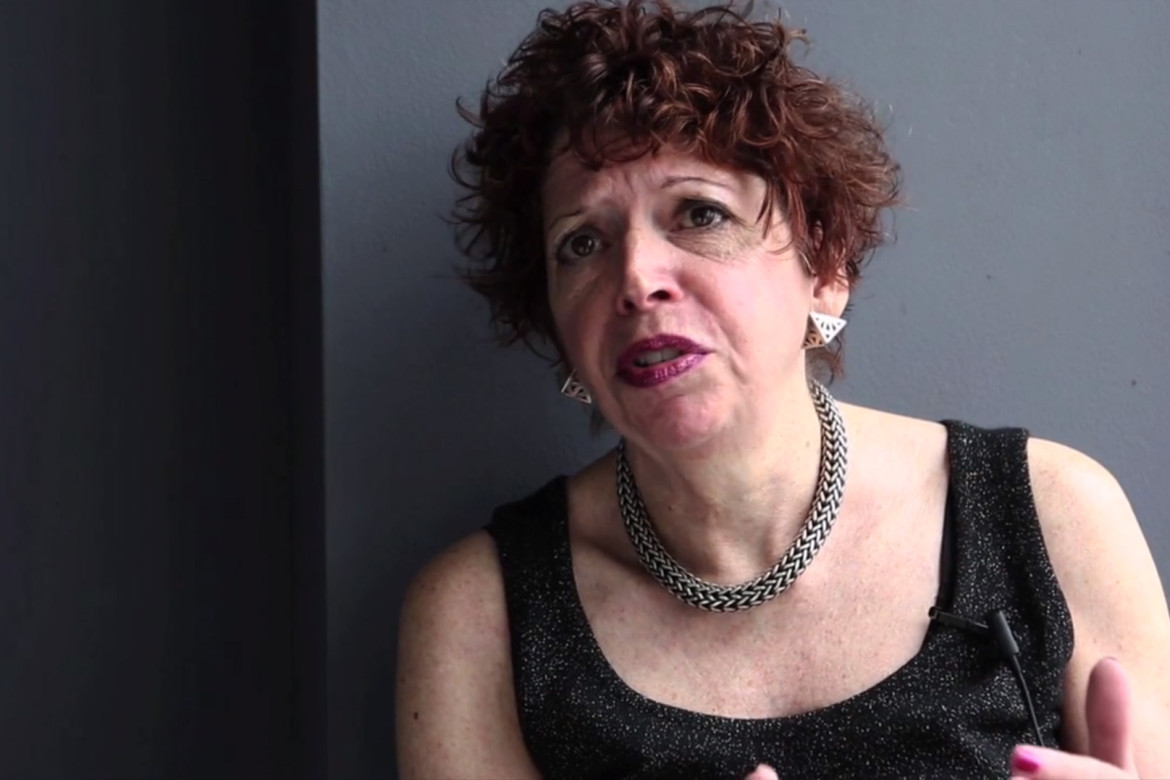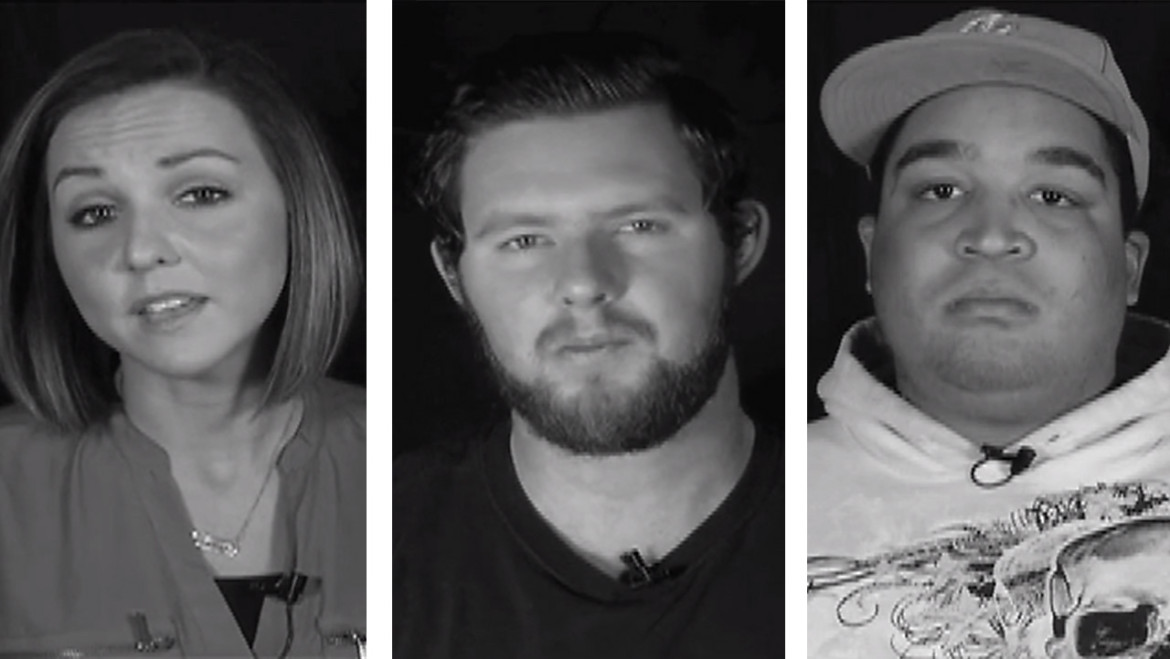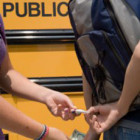
Need help with my troubled teen. He is stealing from family members smoking weed very angry punching walls. I have tried everything he is only 16 years old and heading in the wrong direction reaching out for help please help me to save my child. ~Stephanie
---
Last year, my 20-year-old cousin was arrested for possession of oxycontin. After that, we discovered he had been addicted to it for at least a couple of years. He went into rehab, for two months and when he got out, he seemed to be fine. He has dropped out of college, but has been working for about six months now. Though he doesn’t earn a lot at his restaurant job, he has virtually no expenses. But, in the last few weeks, he’s been having money problems, not paying his rent and other bills. He says he just isn’t managing his money well. But we’re afraid he’s using again. He’s more distant than before, but denies he’s back on the drug. We can’t force him back into rehab, indeed we don’t even know for sure that he’s still got a problem. What should we do? ~“C”, Atlanta
My name is Neil Kaltenecker and I am the executive director of the Georgia Council on Substance Abuse, a non-profit statewide organization dedicated to reducing the impact of substance abuse in Georgia’s communities through education, advocacy and training.







